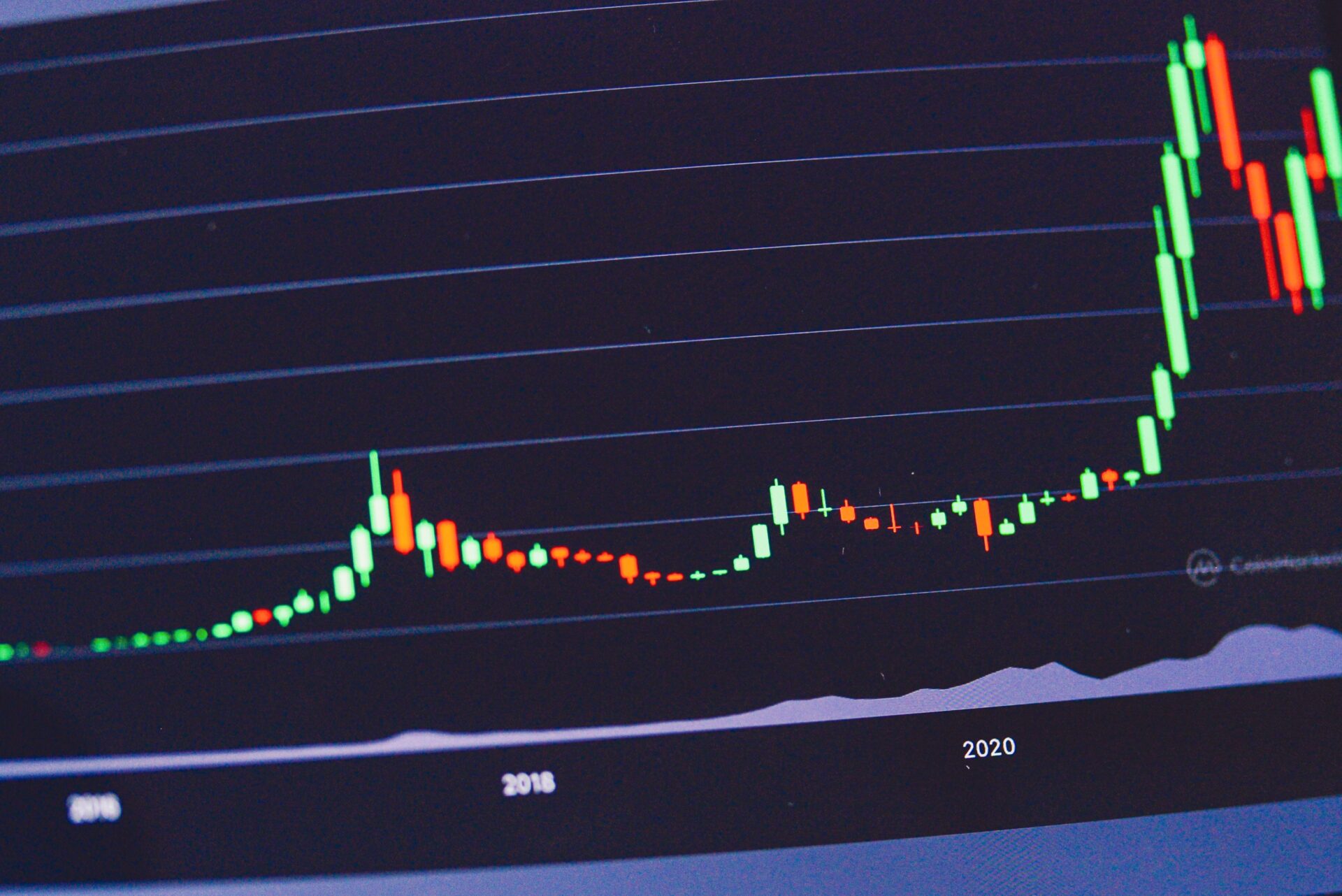If you are familiar with Ethereum, you know its mission – to be scalable, secure, and decentralized. As Ethereum’s popularity has surged, so too have the demands on its network, raising gas fees and highlighting its scalability challenges.
Layer 2 solutions, Ethereum’s answer to the scalability problem, enabled handling transactions off the main chain without compromising its core principles. Still, gas prices on L2 – lower, but not yet low enough – remain a barrier to Ethereum’s widespread adoption. Imagine finding an NFT collection you like, only to discover that the transaction will cost nearly as much as the NFT itself! Even on L2, this scenario is all too common.
What’s so special about the day? Well, the next Ethereum upgrade, Dencun, is scheduled for activation, as announced during Consensus Layer Call 127 and confirmed by Tim Beiko of the Ethereum Foundation.
Dencun is poised to be a game-changer for Ethereum’s scalability. Encompassing a hard fork involving Deneb (Consensus layer) and Cancun (Execution layer) upgrades, Dencun promises to usher in a new era of affordability for transactions on Ethereum L2s. With the upgrade already live on devnets and testnets like Goerli, Sepolia, and Holesky, and Mainnet readiness confirmed, we finally stand on the brink of a gigantic leap forward.
One of the most anticipated changes is the introduction of off-chain data blobs via Proto-Danksharding. Let’s explore what this entails for Ethereum.
Unveiling Blobs and Proto-Danksharding
Data blobs are a novel concept designed to optimize L2 transaction data storage on Ethereum. Currently, rollups store their data in transaction calldata. It’s not only limited in size but is also stored forever, creating a problem of always-rising requirements for running a validator.
Proto-Danksharding, as introduced by EIP-4844, lays the groundwork for an innovative, dramatically more efficient data handling mechanism, addressing the limitations of current on-chain data storage. With data blobs, specifically designed to handle large amounts of data outside the main Ethereum blockchain, rollups will be able to store data in a more cost-effective and scalable manner.
This new storage solution for rollup transactions will reduce the rate of future Ethereum data growth, contributing to a leaner and more efficient network. For developers, this brings the ability to create more complex and data-intensive smart contracts without being hindered by prohibitive gas costs. For users, it translates into lower fees, making L2-based applications more accessible and appealing to a wider audience. Finally, it also allows Ethereum Validator Node Operators to optimize disk space usage as blobs are pruned after around 2 weeks.
The Expected Effect of the Dencun Upgrade on the Ethereum Ecosystem
Several key players in the Ethereum ecosystem, such as OP Labs and the zkSync team, have provided quantitative insights into the expected benefits of this upgrade. OP Labs forecasts an extraordinary 20x reduction in gas costs for data storage on Ethereum by Optimism L2. Similarly, the zkSync team anticipates a tenfold decrease in gas costs for data storage, projecting the total gas costs on zkSync to drop from an average of $0.20 per transaction to under $0.10.
While these projections highlight dramatic savings in data storage costs, it’s important to keep in mind that the overall gas costs experienced by users involve multiple factors beyond L1 data storage. The Proto-Danksharding upgrade, by reducing the rate of future Ethereum data growth, addresses a crucial aspect of transaction costs. However, the actual effect on user transaction fees will vary, as these fees also depend on computational complexity, network congestion, and other factors.
Beyond Dencun: The Road to Full Danksharding
As you can see, the Dencun upgrade is indeed a crucial milestone for Ethereum. Yet, it is only the first step on a much larger, bolder path towards full Danksharding. This future phase in Ethereum’s evolution is set to massively boost the network’s transaction processing capability and efficiency. Imagine a blockchain that can smoothly process more than 100,000 transactions per second. Yes, that’s where we’re headed!
As I mentioned above, Proto-Danksharding sets the groundwork by integrating off-chain data blobs and reducing the cost of L2 data storage on Ethereum. The full Danksharding expands on these principles, aiming to increase the number of blobs per block from 1 to 64. This transition does not just mean an increase in data storage efficiency but a fundamental re-architecture of how blocks are processed and validated across the network.
The move towards full Danksharding will require several significant technical and operational changes:
- Proposer-Builder Separation: This mechanism separates the roles of proposing blocks and building blocks within the network. Dealing with 64 blobs instead of one would be too tasking for a single builder+proposer, so the duties will be separated. Additionally, this change will reduce the risk of censorship or manipulation by preventing proposers (validators) from being influenced by the contents they’re including in a block.
- Data Availability Sampling: To ensure data within shards remains available, DAS allows nodes to verify the availability of shard data without needing to download the entire shard. This technique is crucial for maintaining blob data integrity and accessibility efficiently across the network.
Embrace the Future of Ethereum!
The Dencun upgrade is a pivotal milestone for Ethereum, marking a major leap forward in its evolution. This upgrade not only promises to elevate the platform’s efficiency and L2 transaction affordability but also lays the foundational steps toward the much-anticipated transition to full Danksharding.
As we transition into this transformative phase, it’s imperative for the Ethereum community, including developers, investors, and enthusiasts, to remain informed and actively contribute, thus ensuring a seamless evolution of the ecosystem. Engaging across forums, chats and social media, as well as participating in development projects, enriches our collective journey towards realizing a more efficient, inclusive, and forward-thinking blockchain platform for all.
This article was originally published by Nikolay on HackerNoon.











